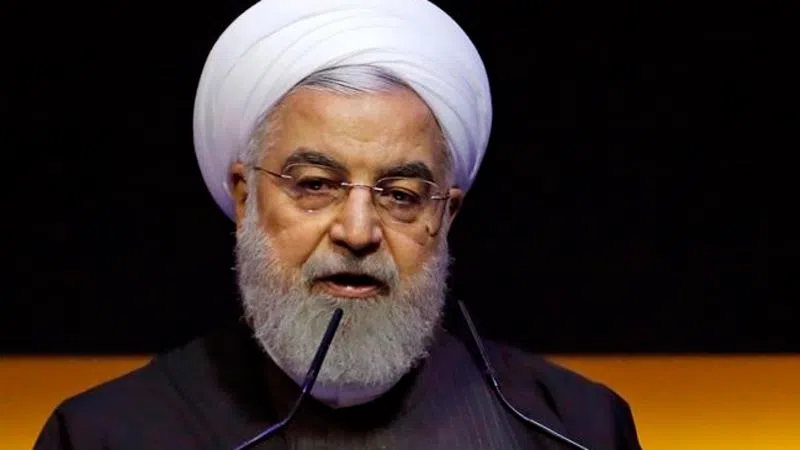
Iran’s Rouhani in Japan to meet Japan PM amid nuke impasse
TOKYO — Iranian President Hassan Rouhani is visiting Tokyo to meet with Japanese Prime Minister Shinzo Abe on Friday in hopes of easing a nuclear impasse between Tehran and Washington and reduce tensions in the Middle East.
The visit is the first by an Iranian president in 19 years and comes just before Japan is expected to announce a plan to deploy troops to the region to ensure the safety of Japanese vessels transporting oil.
Japan is eager to restore stability in the Middle East, the source of more than 80% of its oil.
Japan, a U.S. ally that has traditionally had friendly relations with Iran, also seeks to serve as a mediator between Tehran and Washington. Abe has said such a role is expected by the international community.
